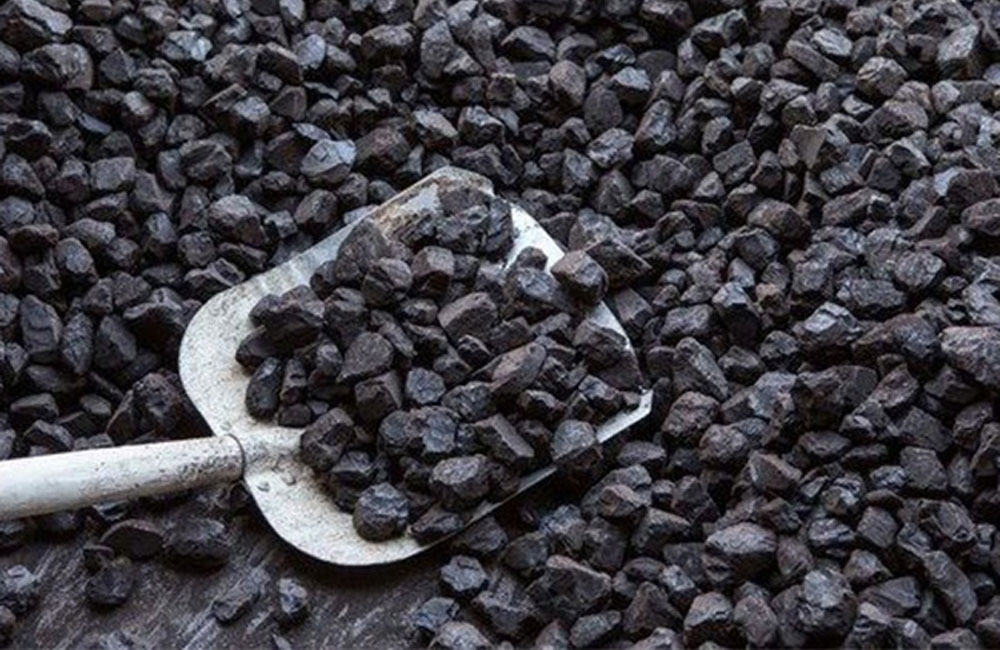Ten bidders have submitted proposals, marking one of the most closely watched tenders in recent years due to the controversies that surrounded earlier awards to supply coal for the 900MW Lakvijaya power plant.
The Lanka Coal Company (LCC) opened Term Tender No. LCC/25/TT/1 recently to procure 1.5 million metric tonnes (±10 percent) of coal for the power plant located at Norochcholai, covering the period December 2025 to May 2026.
Attention has focused particularly on the participation of Potencia LLC FZ, which entered Sri Lanka’s coal supply chain under unusual circumstances.
In 2022, the long-term contract had originally been awarded to Black Sand Commodities FZ LLC, a Dubai-registered company later identified as having links to Russia’s coal giant SUEK AG.
That deal drew intense criticism after the Auditor General and a parliamentary committee found that procurement rules had been breached.
Allegations included changes to bid documents after submissions, inadequate verification of the winning company’s registration, and questions over whether other bidders were treated equally.
Amid mounting scrutiny, the government suspended the Black Sand contract. However, rather than cancelling it outright, the agreement was novated a legal process by which contractual rights and obligations are transferred to Potencia LLC FZ.
As a result, Potencia stepped in to handle the remaining consignments, including eight pending shipments from the original schedule and an additional five deliveries that became necessary due to delays in calling a fresh tender.
Potencia also proposed alternate delivery methods, suggesting the use of larger Capesize vessels supported by floating cranes at Puttalam jetty, in place of the standard 60,000-tonne parcels specified in LCC’s tender conditions.
While this idea has not been formally adopted, it demonstrated the company’s interest in maintaining a long-term role in Sri Lanka’s coal supply.
With the new tender now open, industry analysts point out that Potencia’s entry through novation has placed it in a different category than the other bidders, who have all competed directly under the present process.
Some energy sector observers’ stress that this background should not prejudice the evaluation but underscores the importance of applying clear and uniform procurement standards.
“What matters most is that every bid is assessed on equal terms,” one former procurement advisor noted, adding that transparency this time is critical for restoring public trust.
Coal still remains a significant contributor to Sri Lanka's energy security, with Lakvijaya supplying nearly 40 percent of national electricity needs.
Through this, the tender being released now is being viewed as something greater than a technical exercise: it is a challenge to see whether the country can put its past conflicts behind it and deliver a competitive, credible, and transparent procurement process.

Leave your comments
Login to post a comment
Post comment as a guest